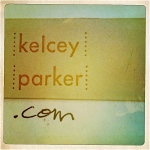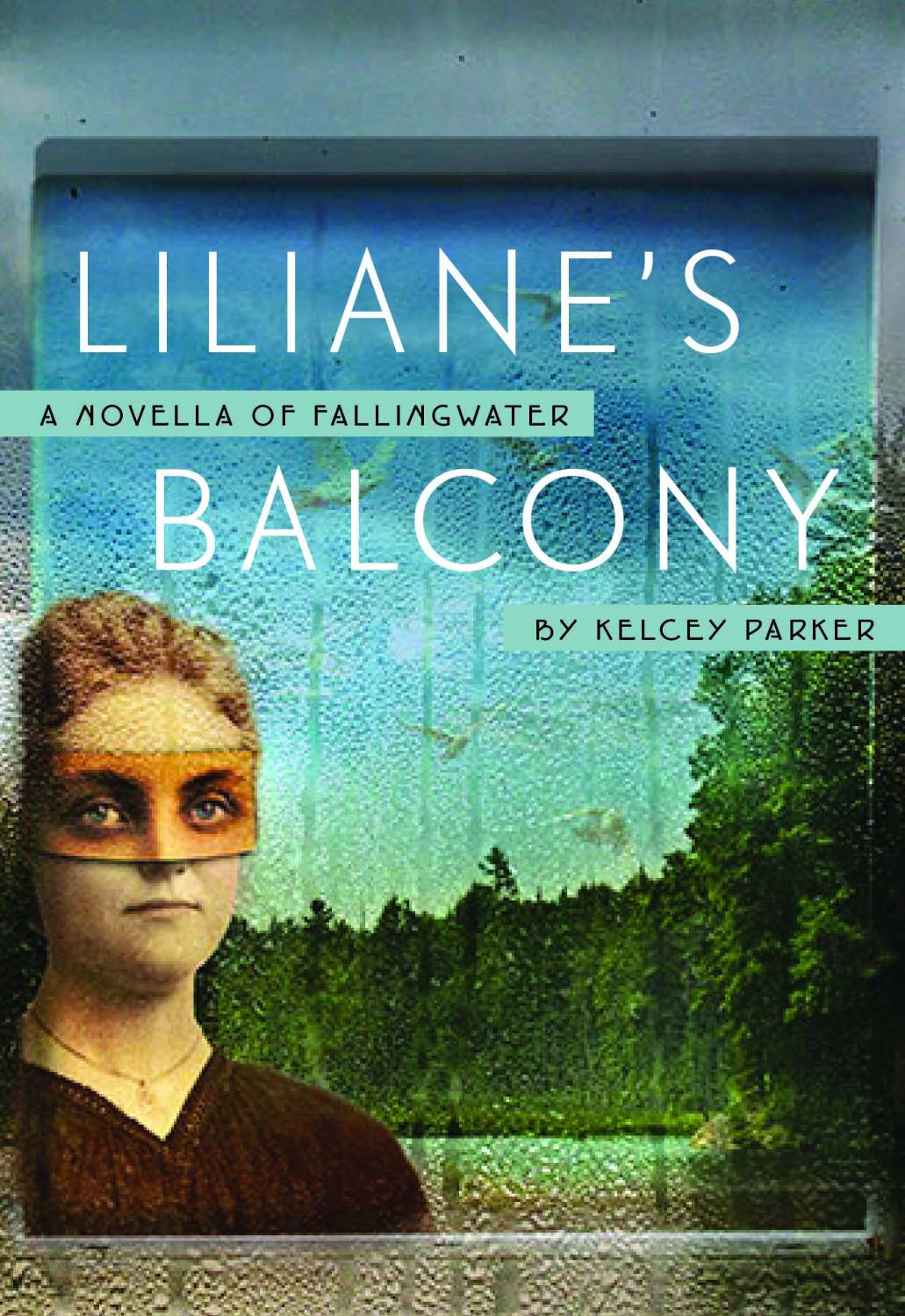I have no degrees in creative writing, journalism, literature.
It’s all been on-the-job training.
Jason Tinney is an award-winning fiction writer, musician, freelance journalist, and actor. His previous books are Louise Paris and Other Waltzes (poetry/prose) and Bluebird (short stories and poems). Three of his short stories were published in the anthology Out of Tune. Tinney and artist Brian Slagle have collaborated on The Swinging Bridge, a traveling literary and visual arts project, since 2004. He performs with, and is the co-founder of, the award-winning music groups, Donegal X-Press (DXP) and The Wayfarers. As an actor, Jason Tinney has appeared in more then thirty stage productions. He has been a contributor to several magazines, among them, Baltimore, Style, Gorilla, Her Mind, Urbanite, and Maryland Life , which won the International Regional Magazine Association’s Award of Merit in the category of Culture Feature for Tinney’s article “The March,” a first-hand account of life on the front-lines with American Civil War reenactors. Ripple Meets the Deep, a new collection of short fiction, was published in October 2014 by CityLit Press, an imprint of the CityLit Project.
Story excerpt: Ripple Meets the Deep
Story excerpt: Shave ’em Dry
Story Excerpt: January
Interview: Baltimore Review Coffee & Questions
How Jason Tinney Became a Writer:
This is the next installment in the How to Become a Writer interview series, which will post here at Ph.D. in Creative Writing every other Sunday (or so) until I run out of writers to interview, or until they stop saying yes. Each writer answers the same 5 questions. Thanks to Jason for saying yes!
1. Why did you want to become a writer?
Honestly, there came a point where I didn’t know what else to do. I had been acting and studying theatre in college; I joined a band and, of course, worked other jobs to pay the rent. But I was also writing—all the time. I just made a decision that this was where I needed to focus. The solitary nature of the work, that’s a place I felt comfortable and I didn’t have to depend on anyone else to do it.
Looking back, it may have been as simple as a need, or drive—not in a confessional way—to express something I couldn’t say verbally. So, I do buy into what Samuel Beckett said: “…you don’t do it in order to get published. You do it in order to breathe.”
2. How did you go about becoming a writer?
I have no degrees in creative writing, journalism, literature. It’s all been on-the-job training. First, I organized. I had poems, short prose and stories, pages of dialogue. I reshaped and rewrote that material and jumped into new pieces with a clear intent. I researched—did my homework—attended literary events and networked.
I got lucky. In 2001, a small press, Hilliard and Harris, took an interest in the work and published my first collection of poetry and prose, Louise Paris and Other Waltzes, followed by a collection of poems and short stories, Bluebird, in 2003. I began pitching non-fiction stories to magazines; one assignment turned into another. I feel very fortunate.
3. Who helped you along the way, and how?
There are a few folks, who early on, I owe a great debt of gratitude: Rafael Alvarez, a fiction and television writer, and long-time journalist for the Baltimore Sun; writer/editor, Angela Davids, who gave my name to Elizabeth Evitts-Dickinson. At the time, Elizabeth was the editor of a Baltimore magazine, Urbanite, and offered me one of my first assignments. Dan Patrell, publisher and editor of Maryland Life magazine, and articles editor, Holly Smith—they took a chance on a freelance writer who had no experience; Dave Sheinin, a writer for the Washington Post—we met through music connections; and Gregg Wilhelm, director of the CityLit Project/CityLit Press.
All of the people I mentioned are extraordinary at their craft… they were very generous and patient with their time and took me under their wings. They were honest with their experiences, evaluated pieces I had written, and called out all the B.S. I put down on paper. I credit them for helping me learn to write.
More importantly, I’m honored, and blessed, to call them dear friends.
4. Can you tell me about a writer or artist whose biography inspires you?
Larry Brown, who passed away in 2004. He was an Oxford, Mississippi firefighter who decided he wanted to write. He didn’t have any formal training—just did it, and it took him awhile, but, before his death, he created these amazing collections of stories and novels—Facing the Music and Joe, among them—that are raw and honest, brutal and beautiful. When I read these books and learned his own personal story, it felt like I had been given a driver’s license.
5. What would you say in a short letter to an aspiring writer?
Plunge in. Be confident. No one else will own your voice.












This was interesting reading and I would like to share with my group. Please let me know if I can share the link to this posting. Thank you, Alex.
Hi Alex, sorry for the delay, but yes of course, share with your group!